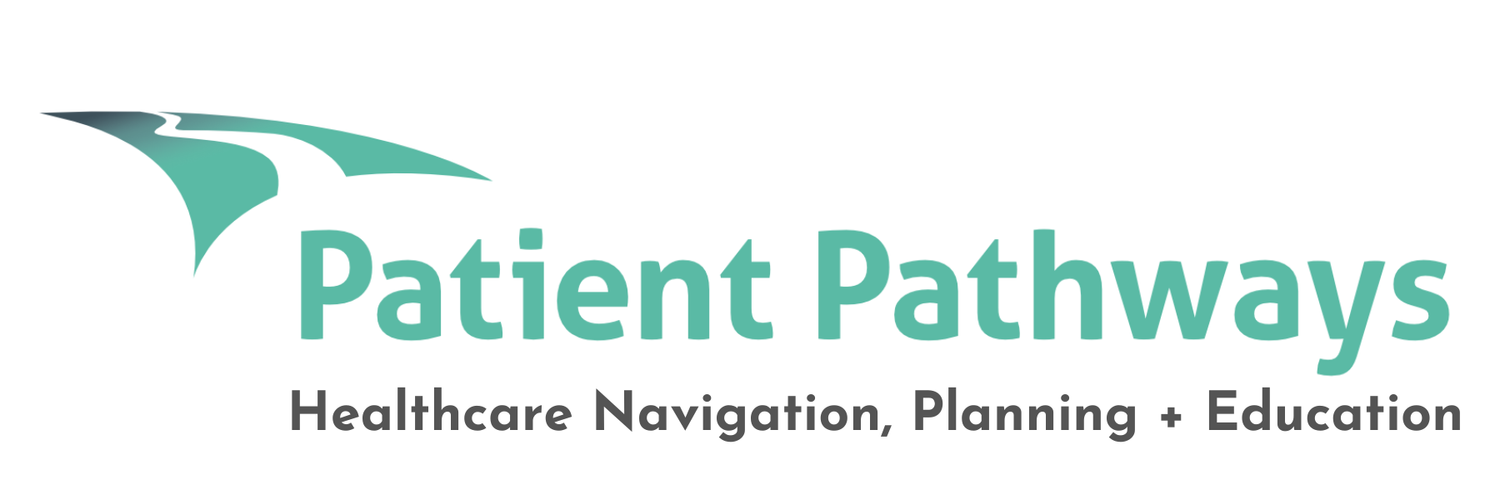Dementia Series: Challenges When You Live Alone
More people live alone now than at any other time in history, but our healthcare system is not designed to support them. Community health and social services systems rely on family and friends to monitor, protect, and provide emotional and physical support to vulnerable adults.
Cognitive decline and dementia are significant and sometimes dangerous challenges when you live alone, especially if you have few (if any) friends and family, if your team of friends and family is limited, or if they live far away.
Red flags are when you say to yourself or others: "I'm fine. I'm managing. I'm muddling through."
When to take action
If you already have concerns about your memory or ability to perform daily tasks, now is the time to take action. Ignorance is not bliss, and delaying testing and getting a diagnosis can mean the difference in getting the adequate support you need to live independently for as long as possible versus a too-early admission to residential care.
If you're worried about cognitive decline in the future, it is essential to have honest and ongoing dialogues with your primary care practitioner about your physical and mental health, no matter your age, particularly in your senior years.
How to take action
As a part of your annual health review, ask that your practitioner perform regular cognitive assessments, be honest with you about the results and what a lower score means for you, and request referrals to appropriate community and specialist referrals.
Build relationships and actively seek someone to act as your health representative wherever possible. Having a trusted Representative and an Enduring Power of Attorney (EPOA) in place while you are still capable can make the difference between 'failing to thrive' versus 'thriving with dementia.' Note: a Representative can live anywhere in the world, but an EPOA must live in Canada.
Reach out to the Alzheimer's Society for advice, advocacy and support.
Write a detailed legally binding Advance Directive about your values and beliefs and when you want treatment discontinued.
If you want Medical Assistance in Dying (MAiD), contact the local MAiD coordinators as early in your journey as possible. You must be capable at the time of assessment.
Consider reading the next article in the Dementia Series:

